Peaky Blinders: the drama that transformed the image of Birmingham
Critics mourn the end of one of the most distinctive shows in recent British TV history
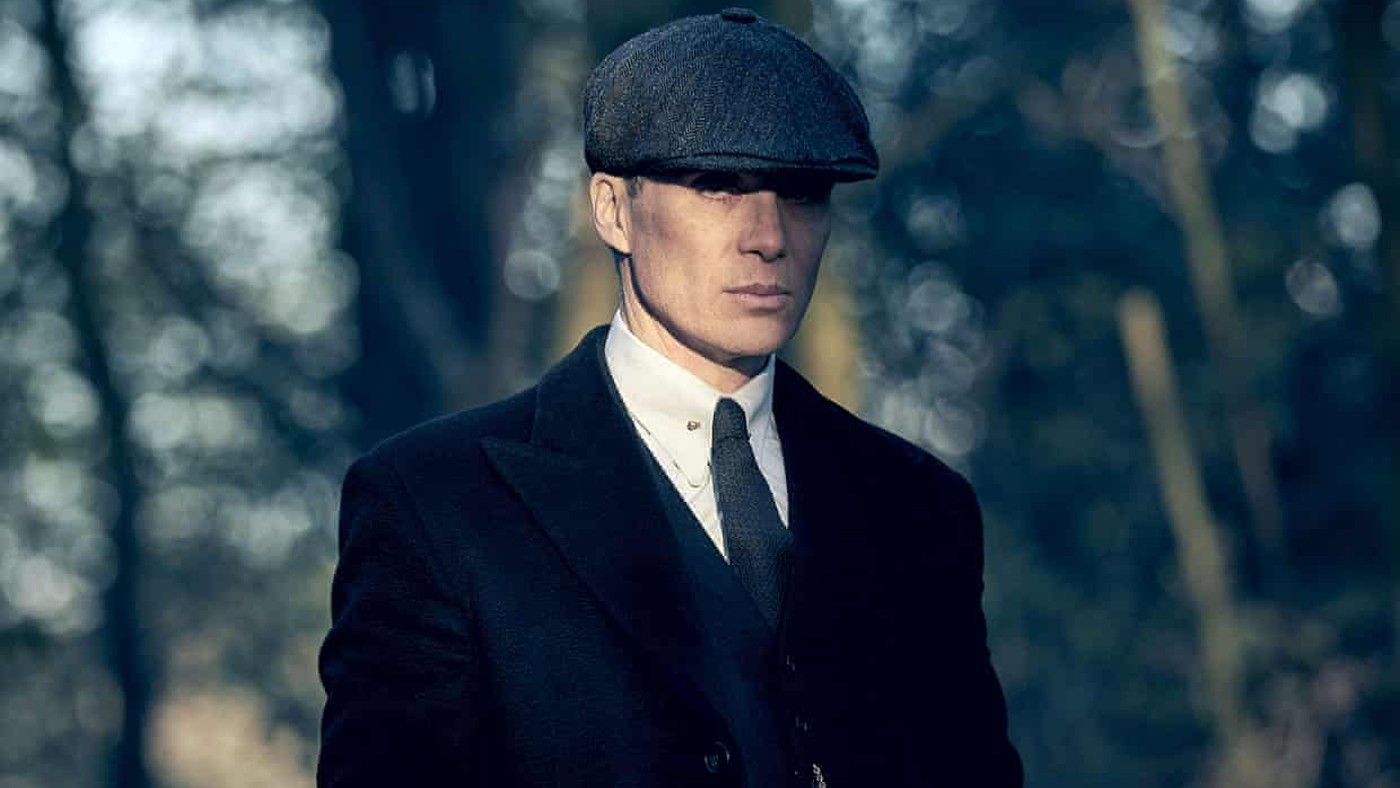
After nine years, the final series of Peaky Blinders is here, said Ed Cumming in The Independent. A film spin-off is in the pipeline, but as far as the small screen is concerned, this is the finale; the end of one of the most distinctive dramas in recent British TV history.
A hit all over the world, Peaky Blinders has been such a phenomenon that it’s easy to forget what an “unpromising prospect” it seemed at first: a “stylised epic British gangster western, set in under-loved Birmingham in the years after the First World War, with abundant violence, drink, drugs, fags and sex” – all set to a modern rock soundtrack.
Although it is not filmed in Birmingham, Peaky Blinders has transformed the city’s image, and put the entire region on the global tourist map; but to me it has been most valuable as a “sartorial reproof to our disgusting era”, said Stuart Jeffries in The Guardian.
The Week
Escape your echo chamber. Get the facts behind the news, plus analysis from multiple perspectives.

Sign up for The Week's Free Newsletters
From our morning news briefing to a weekly Good News Newsletter, get the best of The Week delivered directly to your inbox.
From our morning news briefing to a weekly Good News Newsletter, get the best of The Week delivered directly to your inbox.
What a joy it’s been to see “Beau Brummies strut their heteronormative, masculinist stuff” season after season. The show’s creator and writer Steven Knight has given Brum swagger. I doff my cap to him.

The “very sad question” hanging over the new series, said Carol Midgley in The Times, was how it would deal with the death of Helen McCrory, who was so brilliant as the fearsome Polly Gray. The answer was “with class, something McCrory had in bucketloads”.
In the opening scenes, Polly’s body was delivered to crime boss Tommy Shelby (Cillian Murphy), who had been punished for caring so deeply about her. The drama then skipped forwards to 1933. It was elegantly done; but McCrory’s absence still left a terrible hole.
A free daily email with the biggest news stories of the day – and the best features from TheWeek.com
-
 Political cartoons for January 18
Political cartoons for January 18Cartoons Sunday’s political cartoons include cost of living, endless supply of greed, and more
-
 Exploring ancient forests on three continents
Exploring ancient forests on three continentsThe Week Recommends Reconnecting with historic nature across the world
-
 How oil tankers have been weaponised
How oil tankers have been weaponisedThe Explainer The seizure of a Russian tanker in the Atlantic last week has drawn attention to the country’s clandestine shipping network
-
 Exploring ancient forests on three continents
Exploring ancient forests on three continentsThe Week Recommends Reconnecting with historic nature across the world
-
 Ultimate pasta alla Norma
Ultimate pasta alla NormaThe Week Recommends White miso and eggplant enrich the flavour of this classic pasta dish
-
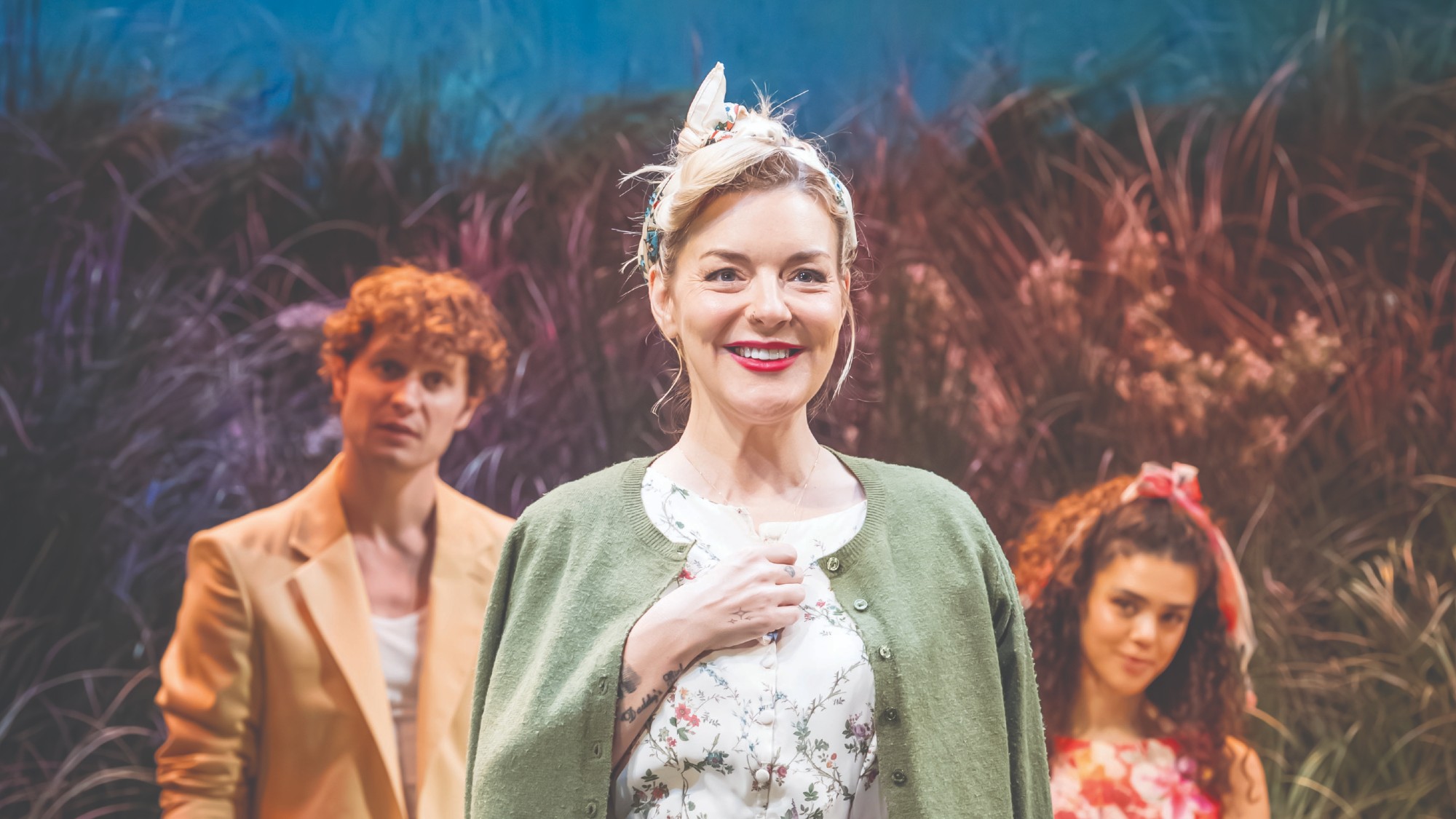 Woman in Mind: a ‘triumphant’ revival of Alan Ayckbourn’s dark comedy
Woman in Mind: a ‘triumphant’ revival of Alan Ayckbourn’s dark comedyThe Week Recommends Sheridan Smith and Romesh Ranganathan dazzle in ‘bitterly funny farce’
-
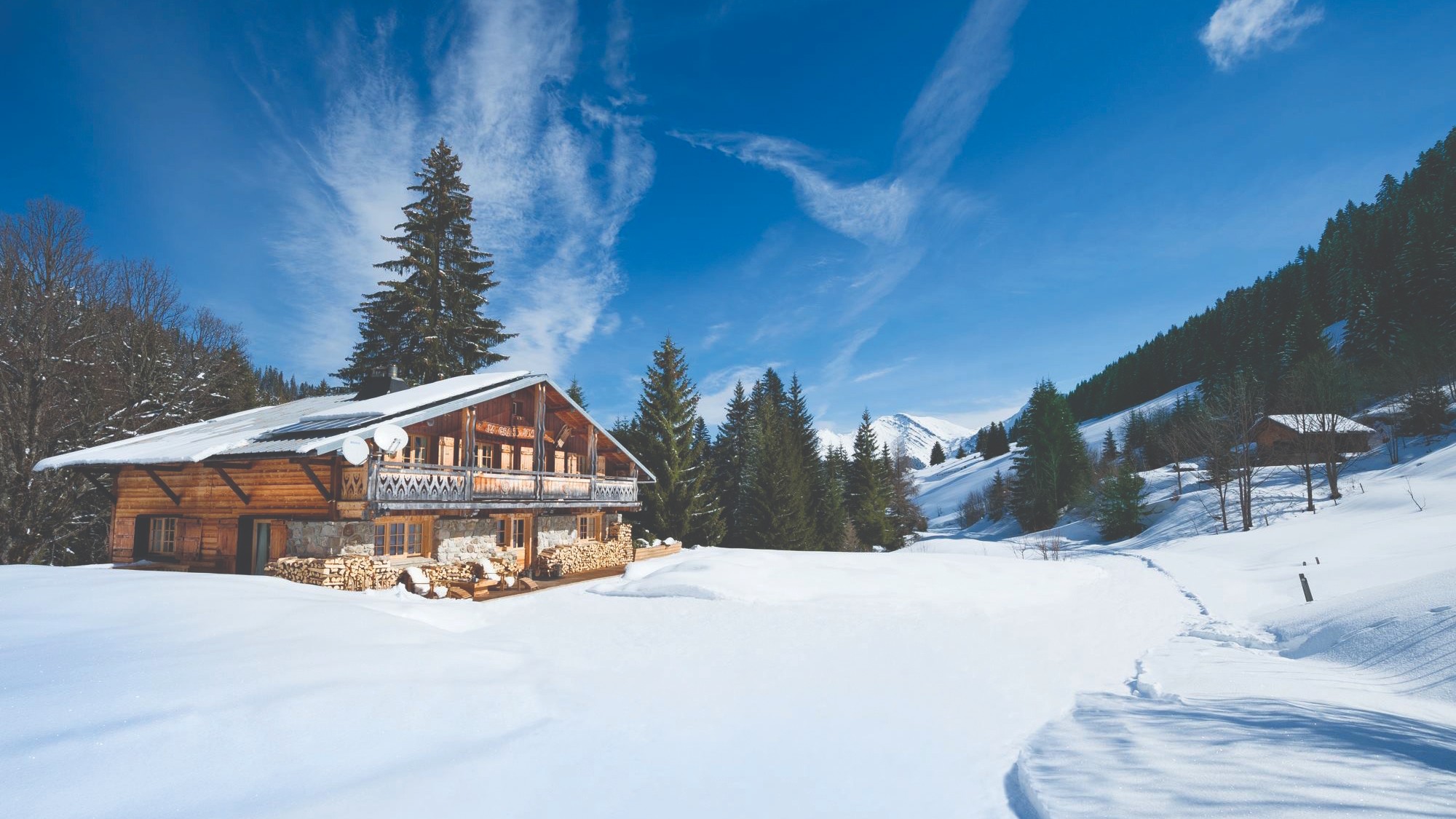 Properties of the week: impressive ski chalets
Properties of the week: impressive ski chaletsThe Week Recommends Featuring stunning properties in France and Austria
-
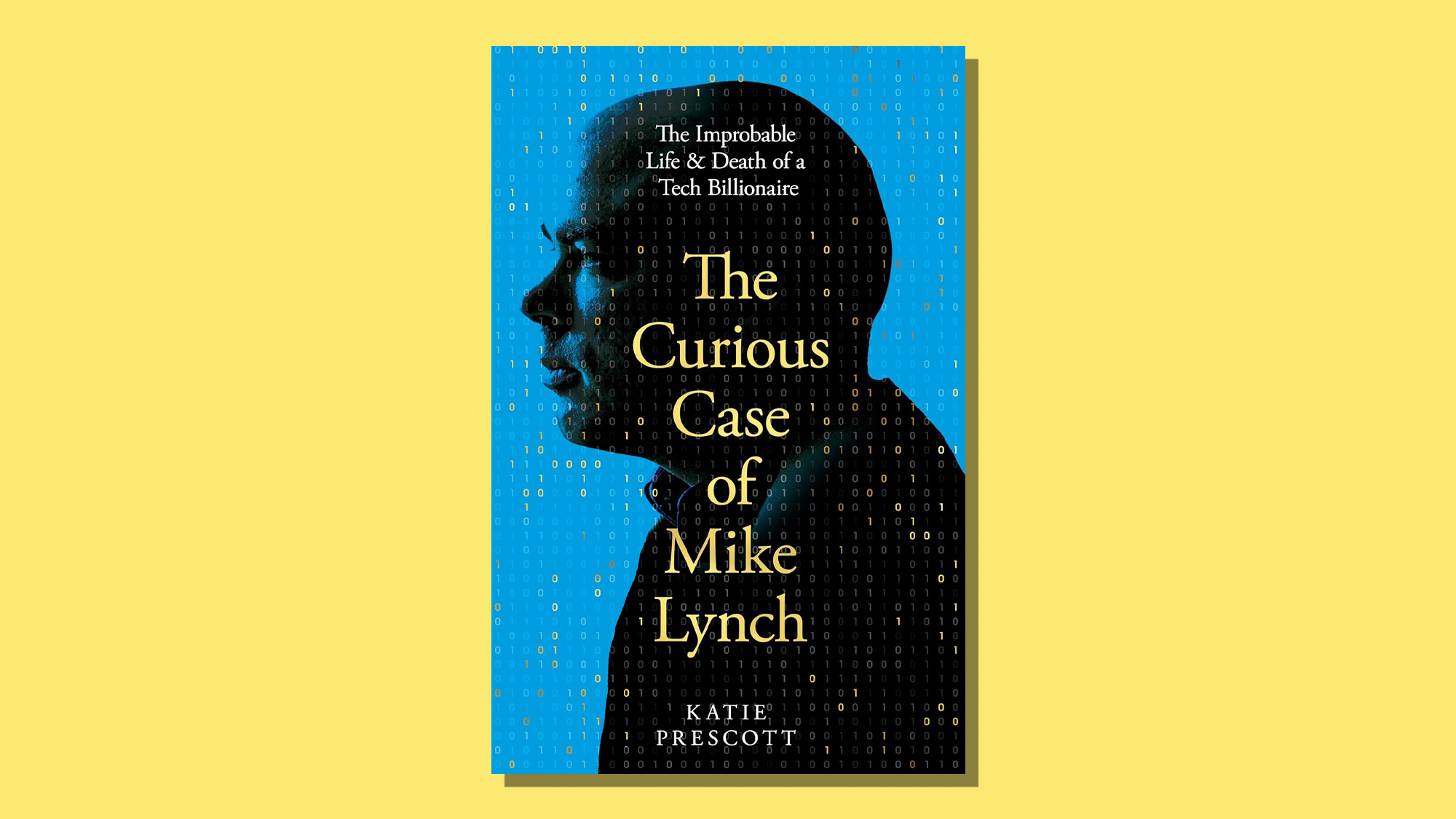 The Curious Case of Mike Lynch: an ‘excellent, meticulously researched’ biography
The Curious Case of Mike Lynch: an ‘excellent, meticulously researched’ biographyThe Week Recommends Katie Prescott’s book examines Lynch’s life and business dealings, along with his ‘terrible’ end
-
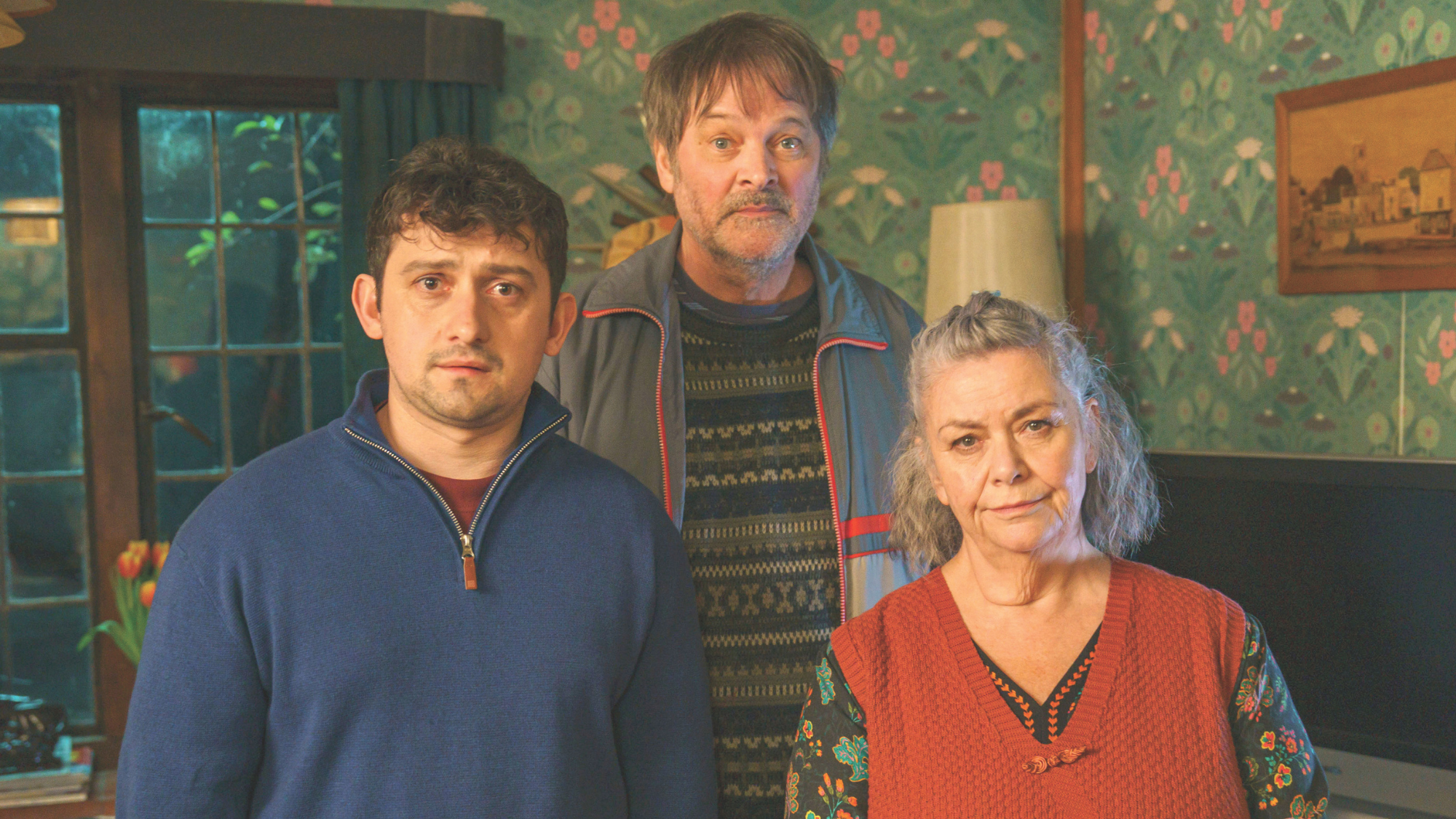 Can You Keep a Secret? Dawn French’s new comedy is a ‘surprising treat’
Can You Keep a Secret? Dawn French’s new comedy is a ‘surprising treat’The Week Recommends Warm, funny show about an insurance scam is ‘beautifully performed’
-
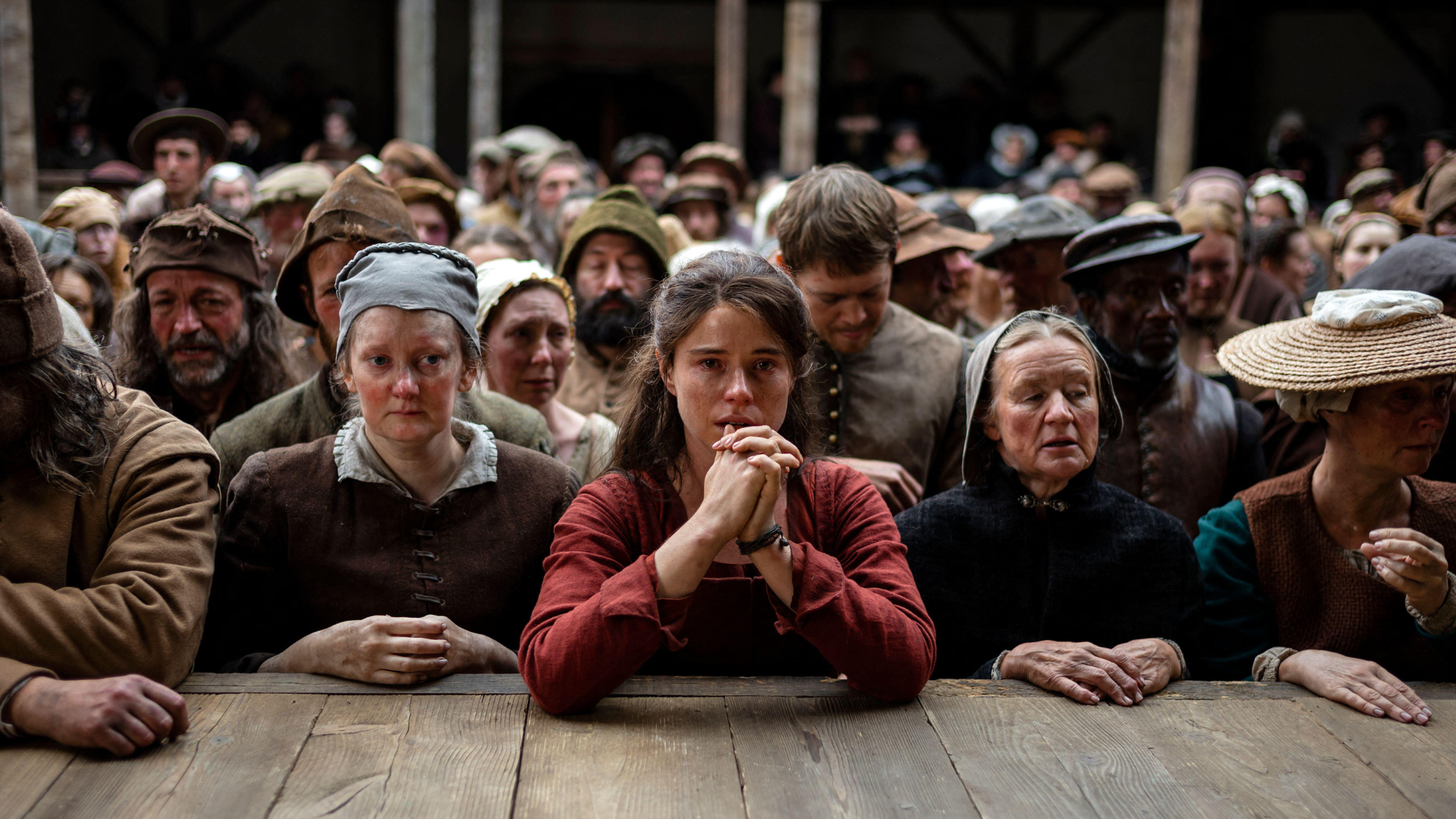 Hamnet: a ‘slick weepie’ released in time for Oscar glory?
Hamnet: a ‘slick weepie’ released in time for Oscar glory?Talking Point Heartbreaking adaptation of Maggie O’Farrell’s bestselling novel has a ‘strangely smooth’ surface
-
 Book reviews: ‘The Score: How to Stop Playing Somebody Else’s Game’ and ‘The Sea Captain’s Wife: A True Story of Mutiny, Love, and Adventure at the Bottom of the World’
Book reviews: ‘The Score: How to Stop Playing Somebody Else’s Game’ and ‘The Sea Captain’s Wife: A True Story of Mutiny, Love, and Adventure at the Bottom of the World’Feature Comparing life to a game and a twist on the traditional masculine seafaring tale